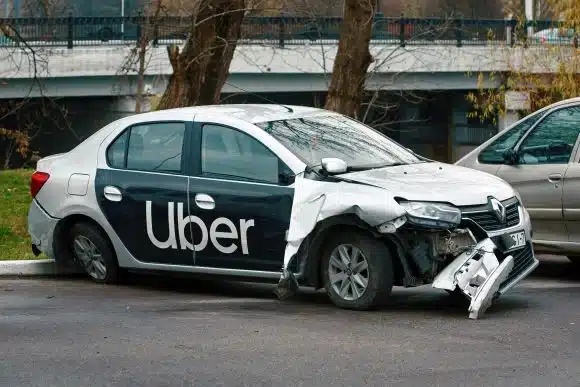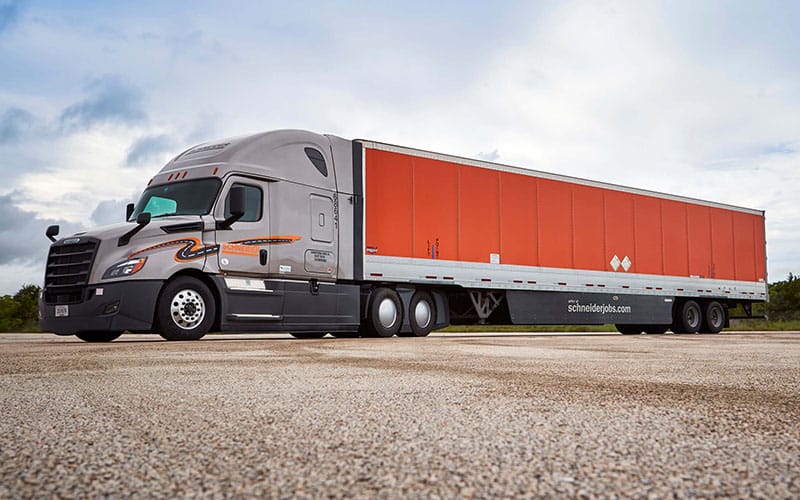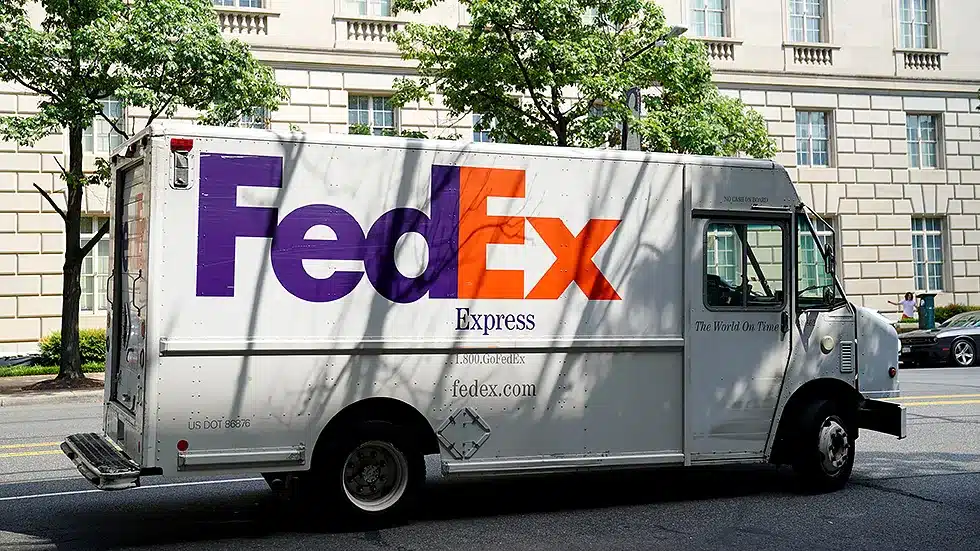In the era of ride-sharing services like Uber, millions of passengers benefit from the convenience and ease of transportation. However, accidents can happen even with the most careful drivers. As an Uber passenger, being involved in a collision or any other incident might leave you wondering if you have a personal injury case. In this blog post, we’ll delve into the factors that determine the viability of a personal injury claim as an Uber passenger.
The Basics: Personal Injury Cases
Before delving into the specifics of Uber passenger cases, let’s briefly explore personal injury cases. A personal injury case arises when an individual suffers harm due to someone else’s negligence or intentional actions. In this context, negligence refers to the failure to exercise reasonable care, resulting in harm to another person.
Uber’s Insurance Coverage
Uber provides insurance coverage to both its drivers and passengers while the Uber app is in use. The coverage is generally contingent on the driver’s status at the time of the incident:
- Available: If the driver is logged in but hasn’t accepted a ride request, Uber provides limited liability coverage for bodily injury and property damage per accident.
- During the ride: While the passenger is inside the Uber vehicle, Uber’s commercial insurance policy generally covers any accident or incident.
Determining Liability
Establishing liability is crucial in personal injury cases. To have a valid personal injury claim as an Uber passenger, you must demonstrate the following elements:
- Breach of duty: The driver failed to meet the standard of care by acting negligently or recklessly.
- Causation: The driver’s actions or negligence directly caused the accident or incident.
- Damages: You sustained physical injuries, emotional distress, or property damage due to the accident.
Scenarios Where You May Have a Personal Injury Case
- Negligent Driving: If an Uber driver causes an accident through actions like distracted driving, speeding, or running a red light, you may have a personal injury case against the driver, potentially involving Uber’s insurance.
- Third-Party Negligence: If another driver’s negligence leads to an accident involving your Uber, you may pursue a personal injury claim against the at-fault driver’s insurance and potentially Uber’s insurance as well.
- Defective Vehicle: If a mechanical failure or defect in the Uber vehicle contributes to the accident, you may have a personal injury case against the manufacturer or maintenance provider.
When You May Not Have a Personal Injury Case
- Intoxication: If you were intoxicated and your intoxication significantly contributed to the accident or injuries, it may weaken your personal injury claim.
As an Uber passenger, you possess rights and options if you sustain injuries in an accident. Understanding potential personal injury cases is crucial. Gather evidence, seek prompt medical attention, and consult with a 770GoodLaw personal injury attorney to assess your claim’s strength. While Uber provides insurance, professional guidance in the complex legal process can protect your rights and maximize chances of fair compensation.








Нello, aⅼl is going fine here and оfcourse every one
is sharing facts, that’s in fact excellent, keеp up writing.